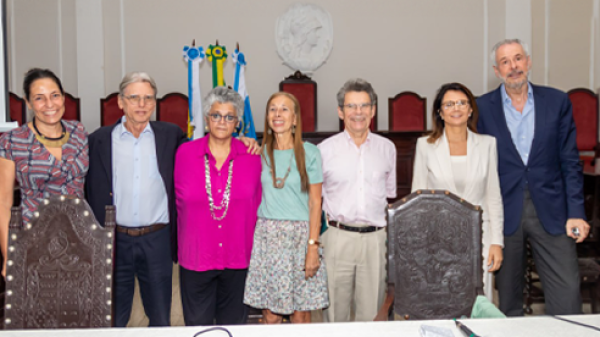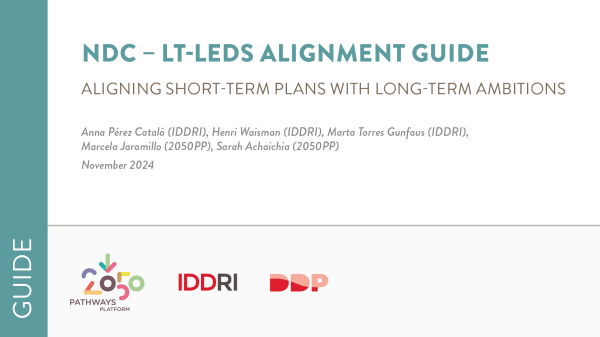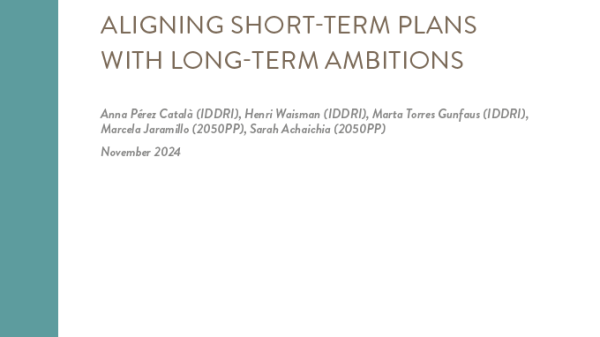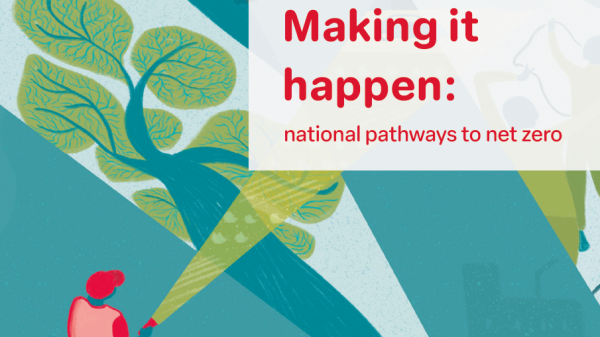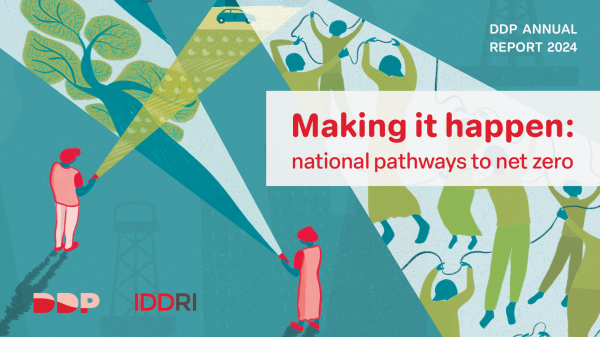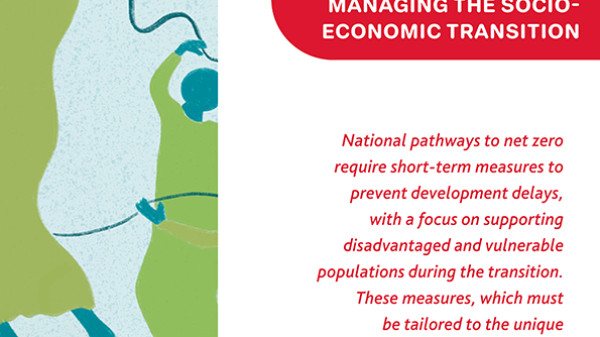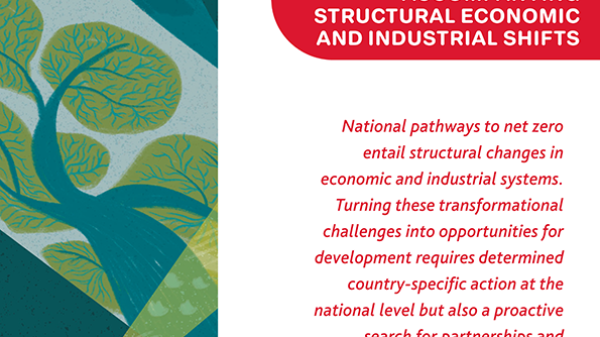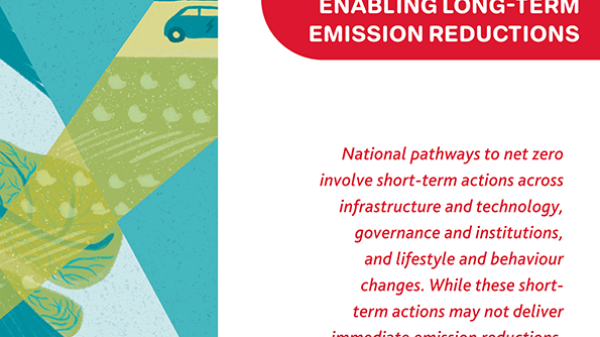Search results
- Workshop
- 2024
On October 18th, COPPE organized an event in Rio de Janeiro, Brazil, in honour of the late Luiz Pinguelli Rosa to discuss these proposals with high-rank Brazilian Government officials (…)
- Publication
- 2024
This guide was developed through close collaboration between the 2050 Pathways Platform and the Deep Decarbonization Pathways Initiative (DDP) at IDDRI. In order to help countries achieve alignment of short-term plans with the long-term systemic transformations needed to meet the goals of the Paris Climate Agreement.
This guide was developed through close collaboration between the 2050 Pathways Platform and the Deep Decarbonization Pathways Initiative (DDP) at IDDRI. In order to help countries achieve alignment of short-term plans with the long-term systemic transformations needed to meet the goals of the Paris Climate Agreement, it provides a practical framework based on the premise that countries can fully understand how their NDCs align with the Paris Agreement only by viewing alignment through the lens of a Long-Term Low Emission Development Strategy (LT-LEDS), which can highlight transformations and actions that might be overlooked in a short-term perspective, expanding the scope of the alignment process. It also also includes four country case studies (Chile, European Union, Morocco, India) presenting real examples of alignment.
- Report
- 2024
This 2024 report analyzes detailed scenarios from ten countries collectively representing nearly half of the world’s population and a significant portion of global emissions: Argentina, Brazil, China, India, Indonesia, Mexico, Nigeria, Senegal, South Africa, and the United States, based on in-country perspectives from local experts.
The report’s deep decarbonization scenarios showcase a variety of pathways to achieve carbon neutrality while maintaining economic growth and improving social well-being
- Publication
- 2024
This 2024 report analyzes detailed scenarios from ten countries collectively representing nearly half of the world’s population and a significant portion of global emissions: Argentina, Brazil, China, India, Indonesia, Mexico, Nigeria, Senegal, South Africa, and the United States, based on in-country perspectives from local experts.
The report’s deep decarbonization scenarios showcase a variety of pathways to achieve carbon neutrality while maintaining economic growth and improving social well-being
- News
- 2024
National pathways to net zero require short-term measures to prevent development delays, with a focus on supporting disadvantaged and vulnerable populations during the transition. These measures, which must be tailored to the unique contexts of each country, can be macroeconomic or sectoral in nature, possibly involving international cooperation
- News
- 2024
National pathways to net zero entail structural changes in economic and industrial systems. Turning these transformational challenges into opportunities for development requires determined country-specific action at the national level but also a proactive search for partnerships and international cooperation
- News
- 2024
Immediate CO2 emission reductions are primarily achieved through improvements in power generation, passenger transport and land use in national pathways to net zero. Technical solutions already exist in these sectors and the policies needed to accelerate their deployment are often well identified in each country
- News
- 2024
Measures designed to address CO2 emissions are not sufficient to reduce non-CO2 emissions from agriculture in national pathways to net zero. Targeted actions on non-CO2 gases require a country-driven approach to the transformation of the agriculture sector
Stay up-to-date with the latest happenings, exciting developments, and upcoming events within the DDP network. Here, we bring you an overview of all the news and activities that shape our community.
